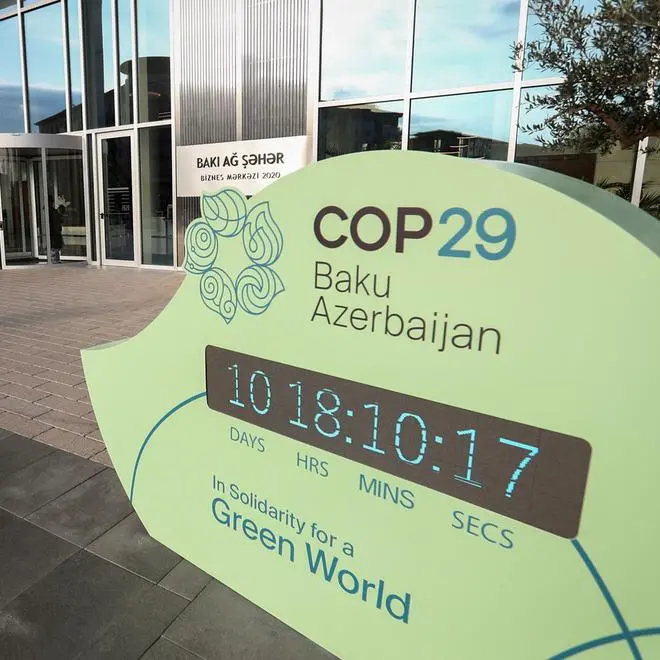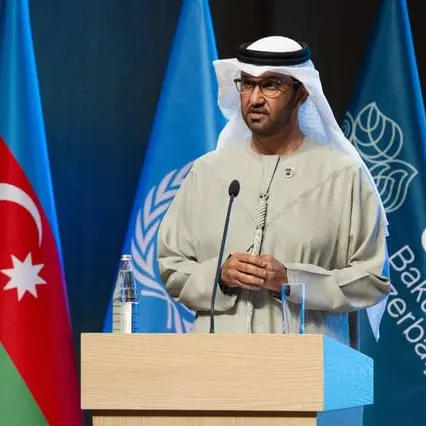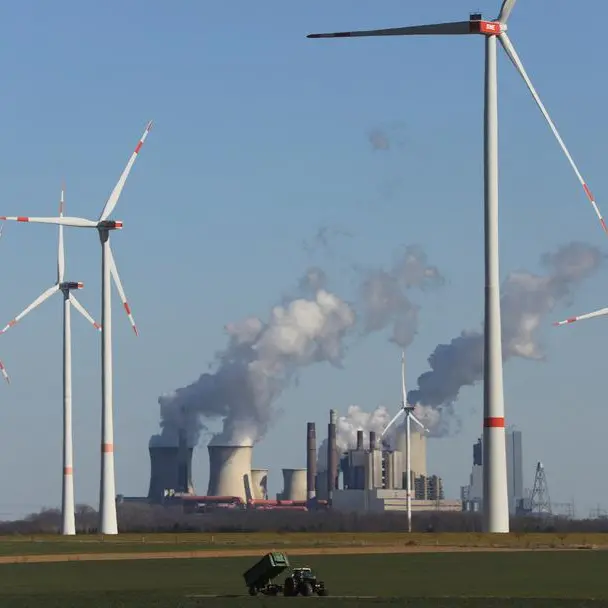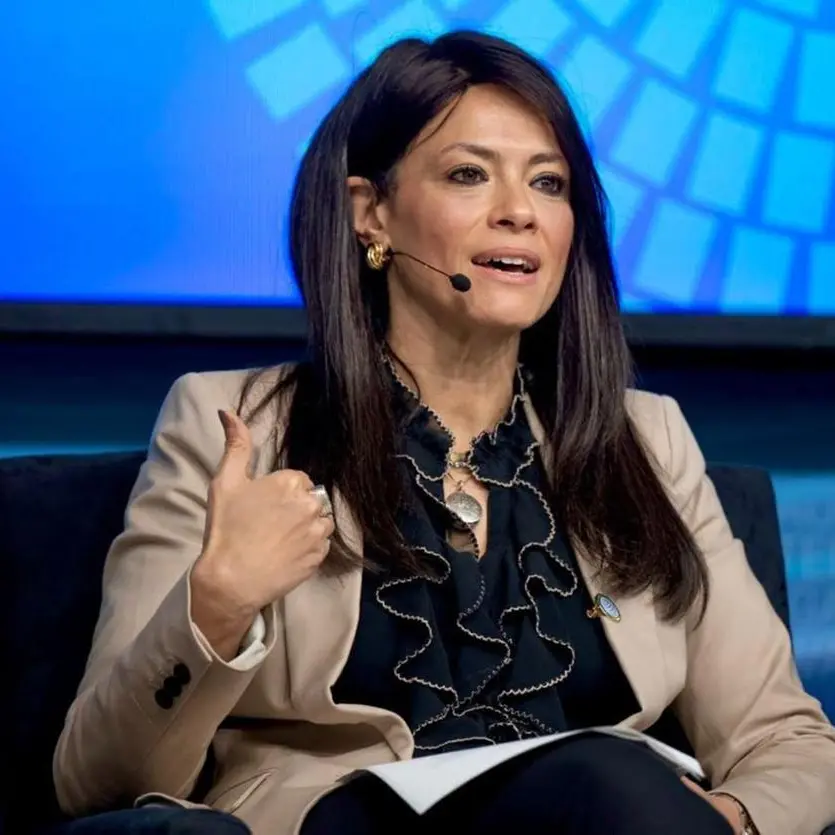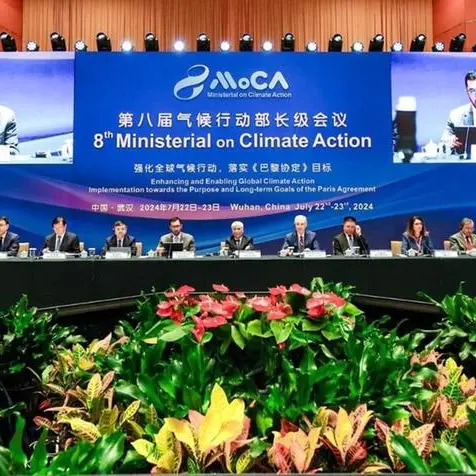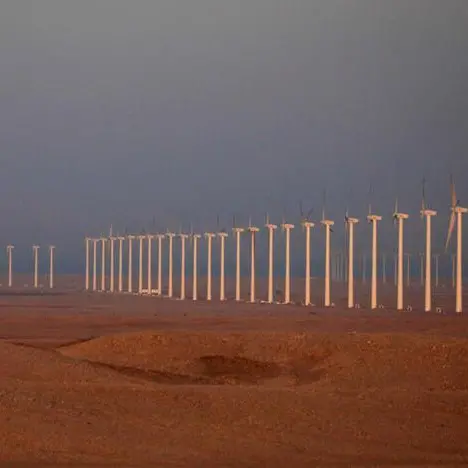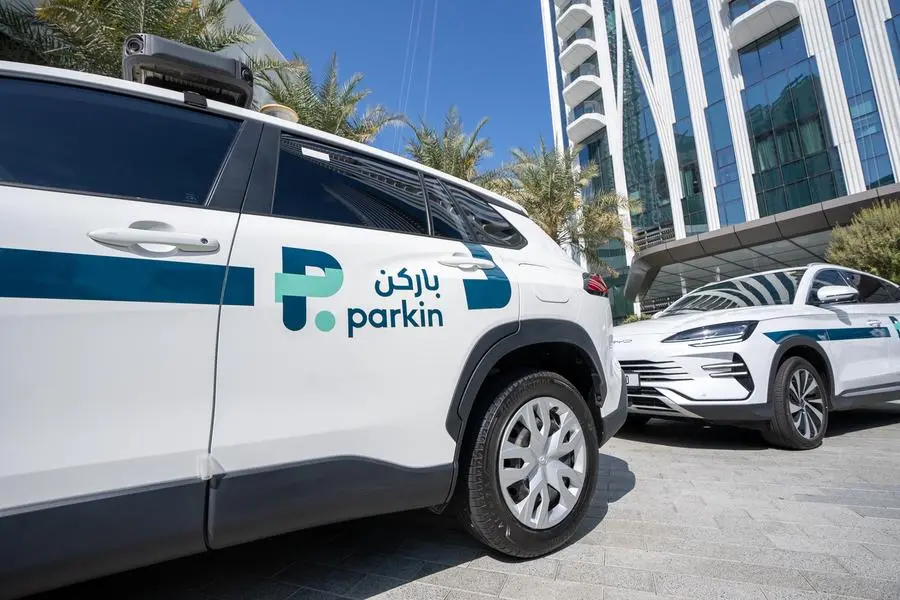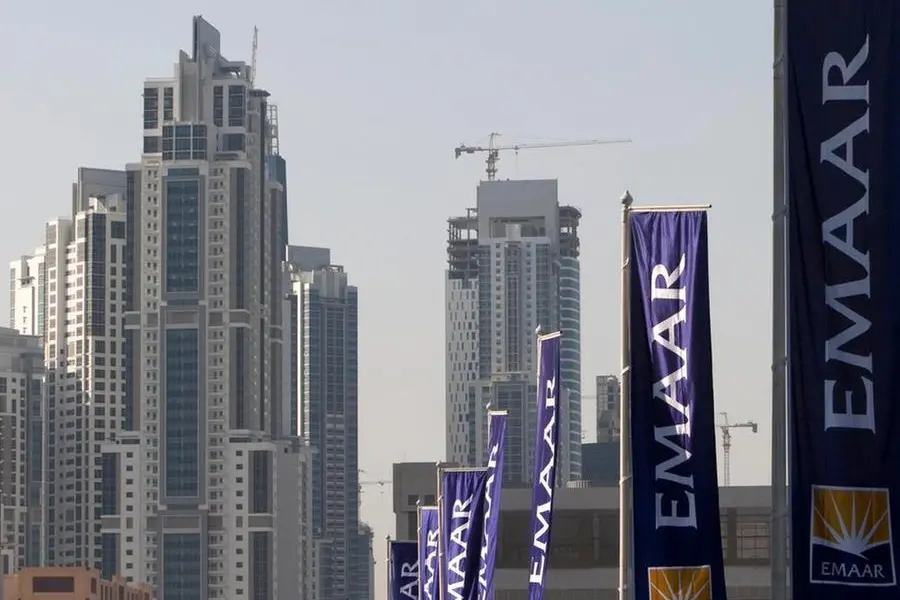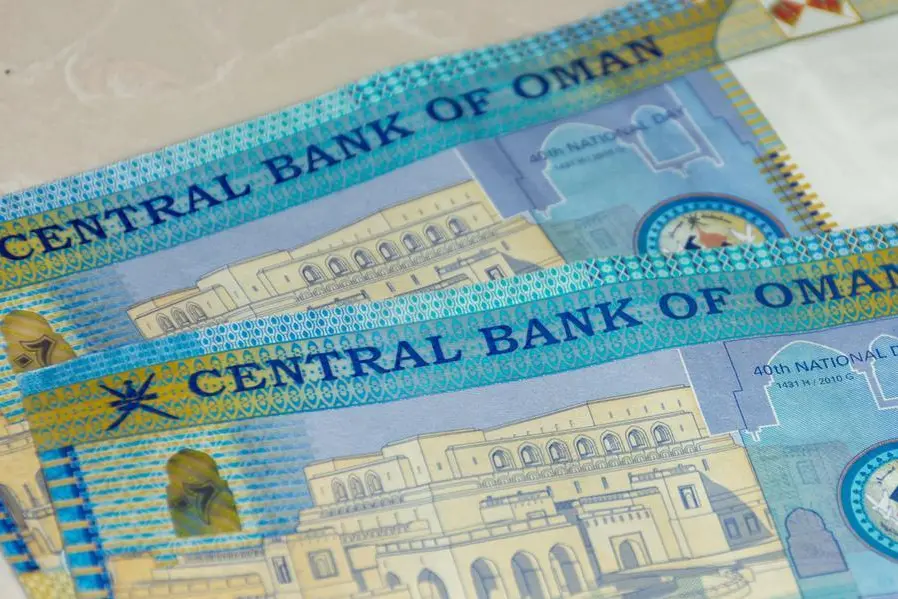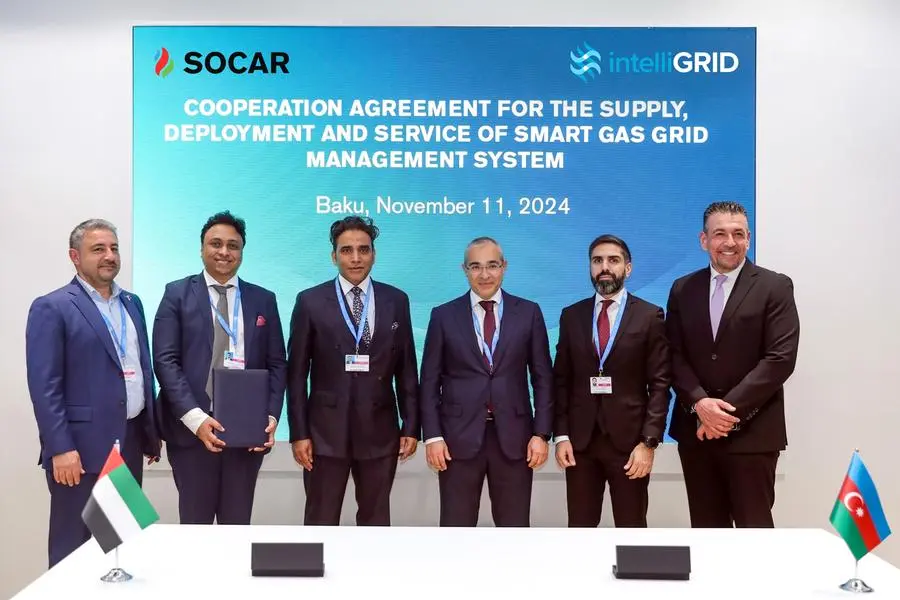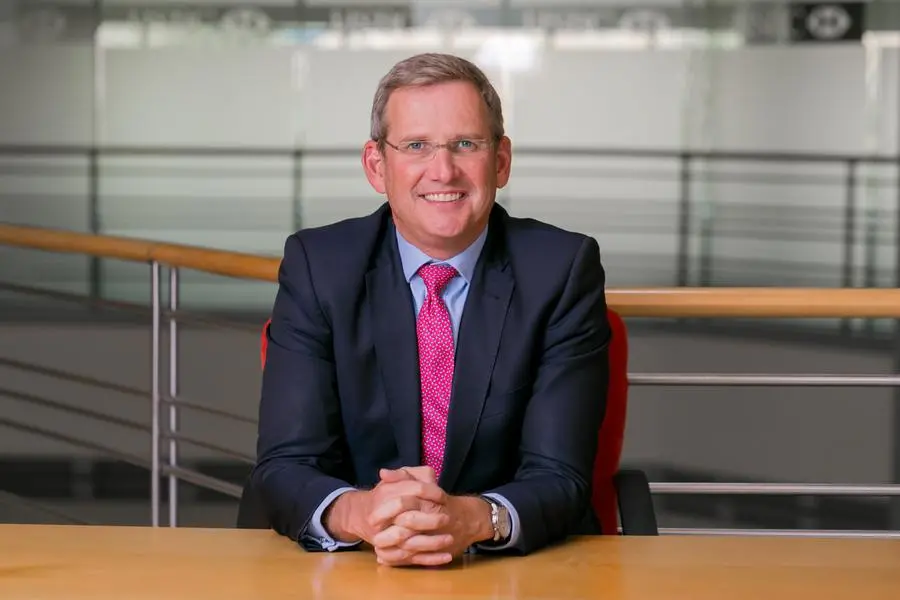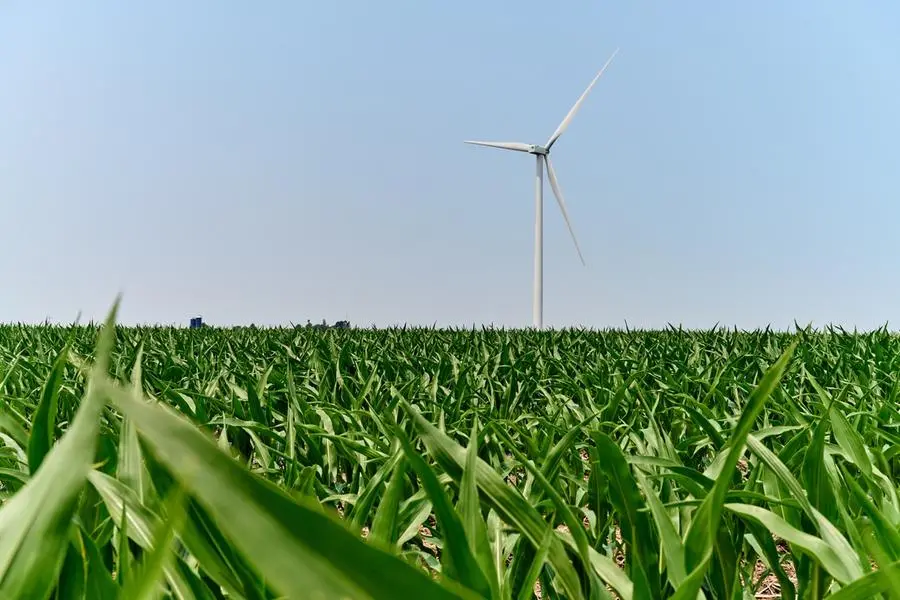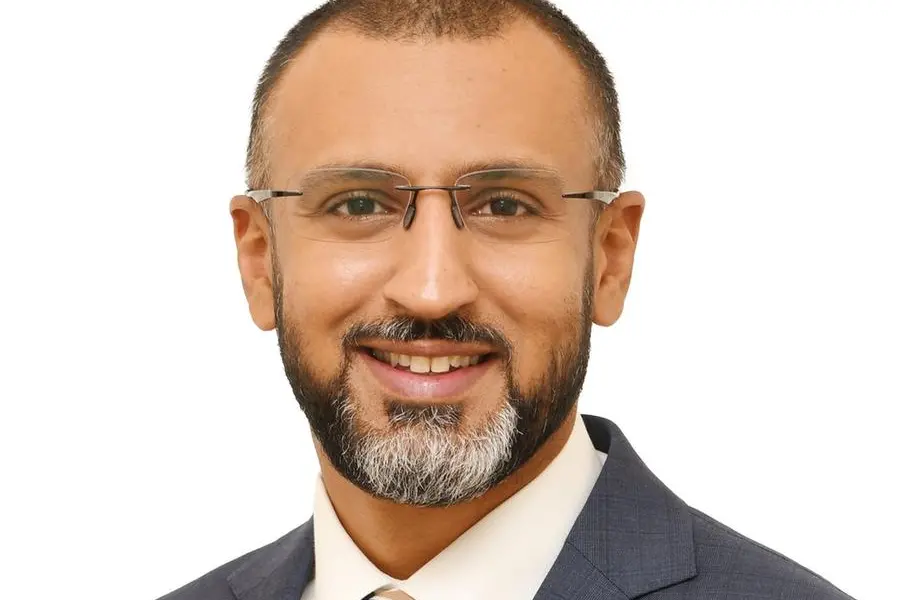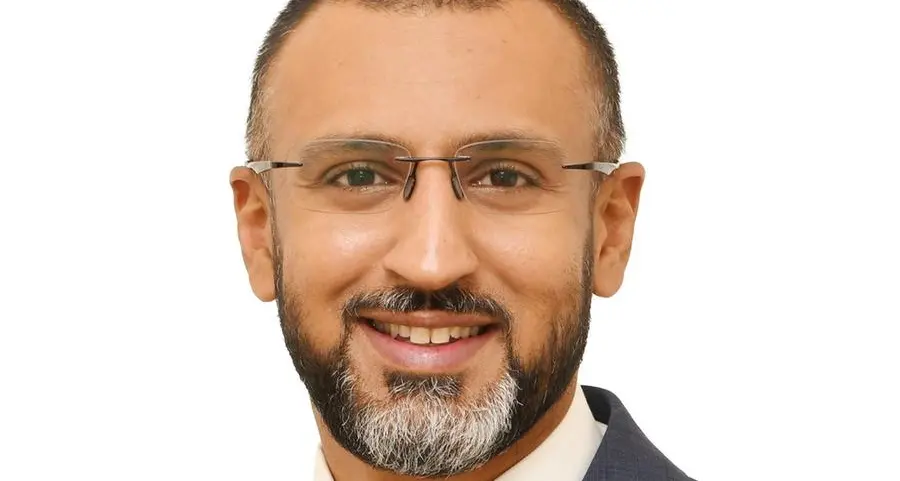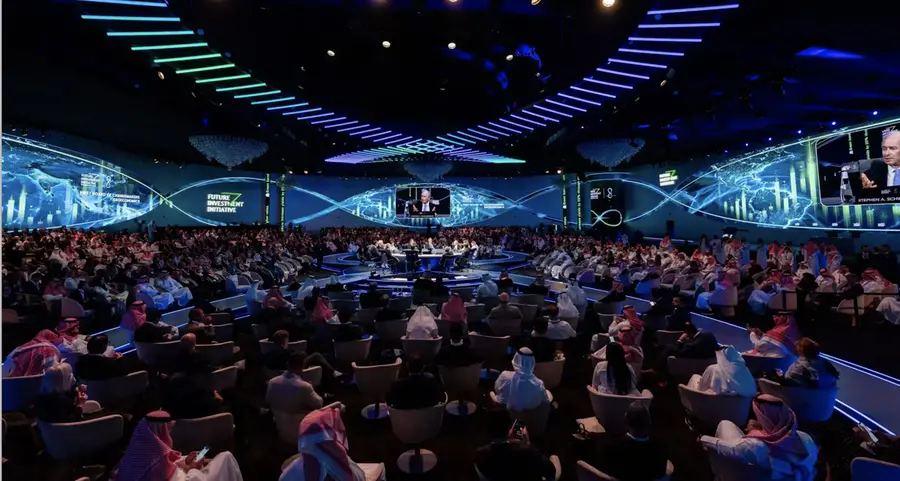PHOTO
Calling on countries at this year’s UN climate summit to be honest about their commitments, COP28 president-designate Dr Sultan Al Jaber on Thursday released a four-pillar action plan to fast-track a responsible energy transition, fix climate finance, focus on people, lives and livelihoods in adaptation efforts, and make COP fully inclusive.
Speaking at the Ministerial on Climate Action in Brussels, convened by the environment ministers of the European Union, Canada, and China, Dr Al Jaber said it was time to challenge financial models built for the last century and break down silos in industries and governments that slow down progress to a low-carbon economy.
“We are at the midway point between Paris and 2030, but we are nowhere near close enough to our destination. We have to face facts. The incremental steps taken so far to address the climate crisis are not meeting the urgency of the moment,” he said. “Today I am calling on all of us to disrupt business as usual, unite around decisive action and achieve game-changing results.”
“We must be brutally honest about the gaps that need to be filled, the root causes and how we got to this place here today,” Jaber said. “Then we must apply a far-reaching, forward-looking, action-oriented and comprehensive response to address these gaps practically.”
Describing the central purpose of his plan, Dr Al Jaber said: “This plan is guided by a single north star. And that is keeping 1.5 within reach. To do this, we aim to match the highest ambition for the negotiated outcomes with an equally strong and robust action agenda that can implement those outcomes in the real world.”
Dr Al Jaber detailed the key elements of the four-pillar plan that is based on conclusions drawn from a six-month global listening and engagement tour with governments, businesses, civil society, NGOs, activists, young people and indigenous peoples. The plan focuses on fast-tracking the transition, fixing climate finance, focusing on adaptation to protect lives and livelihoods, and underpinning everything with full inclusivity.
On fast-tracking the transition, Dr Al Jaber emphasised the need to take an integrated approach that considers supply and demand at the same time. “As I’ve said many times, the phase-down of fossil fuels is inevitable. It is in fact essential. And it must also be responsible. We must take a holistic approach that brings together both the supply and the demand side in an integrated response. Let us end the reductive discussion of scope 1 versus scope 2 versus scope 3. We need to attack all emissions, everywhere. 1, 2 and 3,” Dr Al Jaber said.
“This will require us to redesign the relationship between policymakers, the biggest energy producers and the biggest industrial consumers. That is why I will convene the IEA, together with the UNFCCC and Irena on integrated dialogues including governments, major energy producers and heavy emitting industries. We will co-create a practical action plan, based on the science, around pathways consistent with keeping 1.5 within reach.”
The transition plan calls for a tripling of renewable energy production and a doubling of hydrogen production by 2030 and urges oil and gas companies to diversify into clean energies.
The COP president-designate called on countries to update their Nationally Determined Contributions ahead of COP28, to ensure alignment with the Paris Climate Agreement.
“We need to use every emission-busting tool available, including nuclear, battery storage and carbon capture and removal technologies, especially for the hardest to abate sectors,” the President-Designate said.
Dr Al Jaber urged a “comprehensive transformation” of climate finance instead of “piecemeal reform”, with a special focus on supporting “climate-positive development” across the Global South to ensure that developing nations can have access to affordable and available climate finance to drive a just transition.
The COP28 presidency is already working with the IMF, the World Bank and GFANZ to unlock the power of the capital markets, standardise voluntary carbon markets and incentivise private capital and finance.
To help the world’s most vulnerable withstand the impact of climate change, Dr Al Jaber called on donors to double adaptation finance by 2025, emphasising the urgency for donor countries to honour their commitments and close out the $100 billion pledge this year.
Putting lives and livelihoods at the heart of the climate process, he shared his intention to advance the world’s focus on nature, food, health and resilience as part of a robust framework for the Global Goal on Adaptation.
He called on governments to integrate National Food System Transformation plans into both their Nationally Determined Contributions (NDCs) and National Adaptation plans, and to participate in the first climate-health ministerial at COP28, on what will be the first day devoted to health at a COP. COP28 is currently partnering to convene this milestone with the WHO, together with Germany, Kenya, the UK, Egypt, Brazil and Fiji.
COP28 will be the most inclusive yet, featuring the largest ever youth climate delegate programme, a designated pavilion for indigenous peoples, and a historic number of mayors and local leaders attending, who are driving climate action at the sub-national level.
“We are inviting every segment of society to join us at COP28 – policy makers and passionate advocates, engineers and entrepreneurs,” Dr Al Jaber said.
“We need both activism and what I call actionism. We need everyone around the table to claim their rightful share of voice in the conversation and ready to deliver a truly inclusive COP.”
Dr Al Jaber emphasised the socio-economic benefits of climate action throughout his remarks. We must ensure energy access, security and sustainability, while creating jobs and prosperity. In short, we need to make climate and economic progress at the same time. It is not one or the other. It is both,” he said.
“Our efforts to meet and overcome the climate challenge should keep in mind that if we do the right things and take them to scale, we will create vast economic potential for everyone, north and south, east and west. We can and we must take this opportunity to put our economies on the path toward a new low carbon, high growth sustainable economic development model.”
Dr Al Jaber added: “Let’s partner around this shared opportunity. Let’s mobilise to deliver supercharged solutions and ambitious outcomes. And let’s restore hope through unity and collective action.”
Copyright © 2022 Khaleej Times. All Rights Reserved. Provided by SyndiGate Media Inc. (Syndigate.info).

